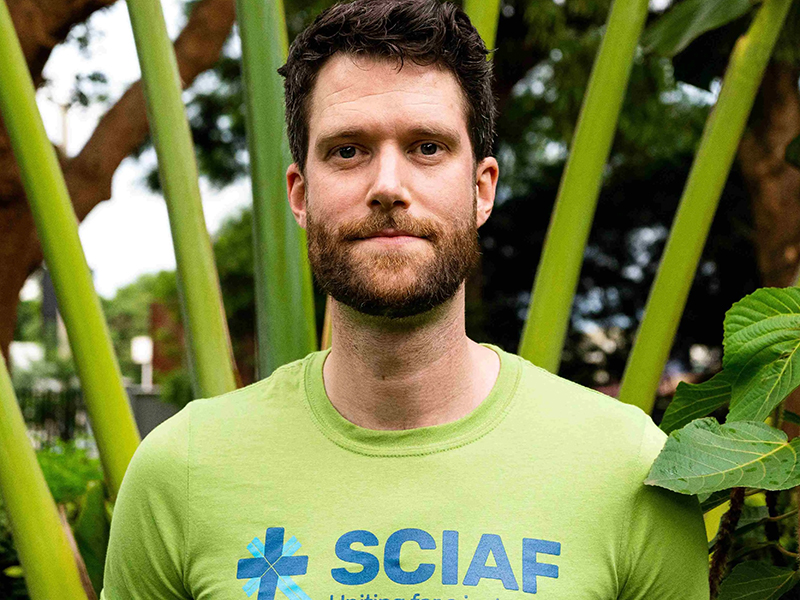SCIAF’s Dr Ben Wilson attended Cop29 in Baku – writing exclusively for TFN, he describes a conference that came dangerously close to collapse
Cop29 drew to a close deep into extra time, in chaos, confusion and conflict.
The UN climate process came perilously close to collapse this time, but it was narrowly salvaged.
Reports said that a $300 billion climate finance deal was reached to save the conference from the brink of collapse. This is only partly true. Scratch the surface and this Cop reflects a dangerous breakdown in global cooperation and is the result of a worrying lack of political leadership on climate issues.
Dubbed the "finance Cop", Cop29 in Baku was meant to deliver a global financial package to help nations – like the ones SCIAF works in - meet their climate commitments under the Paris Agreement.
From the earliest Cops, it has been acknowledged that developed nations, as the largest contributors to atmospheric damage historically and per capita, have a duty to take the lead in climate action.
Crucially, this responsibility includes providing the financial resources needed by global south countries to transition to low-carbon economies, adapt to climate challenges, and recover from the impacts they are already enduring.
This Cop was a moment of reckoning that everyone knew was coming – it was the Cop that should finally agreed to a full and comprehensive financial package to underwrite all the climate action we need to see across the world. Unfortunately, what was agreed fell far short of what is needed.
Cop29 forced delegates to grapple with the impossible task of putting a cost on the future of the planet.
The $1.3 trillion proposal at the beginning of Cop29 from the global south was immediately dismissed by some global north countries and the Cop presidency as too ambitious, and unfeasible. Even climate champion Mary Robinson was quoted speaking at Cop29, saying developed countries just didn’t have the money for it.
I must disagree. How can you put a price on the future of the planet, and everyone who lives in it?
And the cost of inaction is even higher. The latest research suggests that the costs of climate change impacts could reach $19-59tn in global annual damages by 2049.
We must invest in climate action: it’s right for nations to keep promises made in international agreements, it’s right in the name of justice.
But it’s also the smart thing to do. It’s in everyone’s interests everywhere to save the planet from further environmental breakdown, and the earlier we move, the cheaper it will be.
The financial package at Cop29 is regarded as wholly inadequate and unambitious by many climate experts across the world. The devil is in the detail. Clever accounting and new allowances made in the text approved mean the headline $300 billion target per year may represent little more finance in real terms than is currently provided.
The Fund for Responding to Loss and Damage, one of the key outcomes from Cop28, is not explicitly mentioned in this new financial package, meaning contributions to this new fund remain largely voluntary, running the risk of its funding quickly drying up.
For these reasons and more, not to mention the chaotic approach of the Cop29 presidency, especially in the final hours, many countries are leaving Cop deeply dissatisfied.
Despite all of this, we need to keep the faith in the Cop process. Our mere existence depends on it and the journey towards Cop30 in Brazil must be marked by bold new commitments.
This near-crisis should serve as a wake-up call to everyone: the stakes have never been higher, and the breakdown of global cooperation on climate action would pose an existential threat to our planet.
The near collapse of Cop29 must galvanize the global community, which at times seems to be drifting toward environmental disaster.
It’s time to confront this challenge with urgency and determination.
Dr Ben Wilson is public engagement director of SCIAF (Scottish Catholic International Aid Fund).







